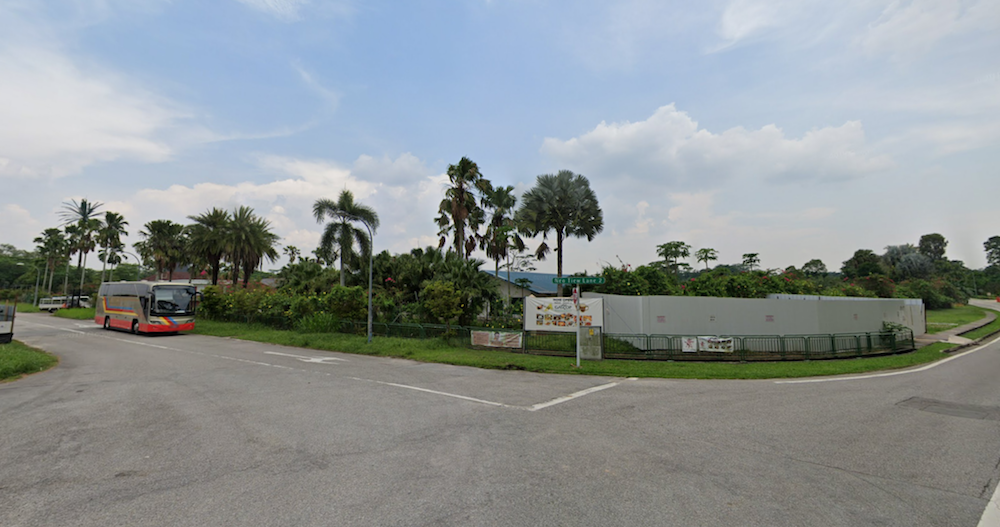Singapore Food Agency will be embarking on a masterplan to redevelop Lim Chu Kang into a "high-tech", "highly productive" and "resource-efficient" agri-food cluster as part of Singapore's goal to attain greater food security.
Singapore's "30 by 30" goal is to meet 30 per cent of our nutritional needs with locally produced food by 2030.
While 2030 is still some time away, the Covid-19 pandemic has accelerated Singapore's move towards achieving self-sufficiency.
Development works expected to start in 2024
The master-planning of the 390ha land will take two to three years to be carried out, alongside consultations with various stakeholders.
As part of the master plan, SFA will be looking at how to install better water, electricity and transport infrastructure to support the high-tech farming systems and to draw agri-tech skilled workers into the industry.
They will also look into ways to conserve resources through circular economy principles and public engagement such as organising farmers' markets and educational tours in the area after development.
SFA's Chief Executive Officer Lim Kok Thai said:
"We aim to create a vibrant and attractive agri-food cluster where global best-in-class agri-food companies, the next generation of agri-tech workers, and visitors will be excited to work in and visit. To do so, SFA will work with farmers and other stakeholders to co-create an exciting vision for Lim Chu Kang."
Environmental study to be conducted
Nature groups will also be consulted and an environmental study will be carried out to guide the master plan exercise as the site is surrounded by nature areas including the Sungei Buloh Wetlands Reserve.
The development however will not encroach into the Sungei Buloh Nature Park Network which includes the Sungei Buloh Wetland Reserve and the Kranji Marshes.
The environmental study will be conducted in end-2020 and is expected to be completed by mid-2021. The findings will be taken into consideration in the master plan.
Food production to increase by 3 times
Increasing food production efficiency is the main focus of this development.
Currently, an average farm occupies 2ha of land and produces 130 tonnes per hectare per year.
A high-tech vegetable farm however can produce 1,000 tonnes per hectare per year while taking up less than 1ha of land.
Therefore, SFA expects the redeveloped agri-food cluster at Lim Chu Kang to produce more than three times food the area currently produces.
How will the current farms be affected?
SFA said that all farms currently in the Lim Chu Kang area will be able to stay up to the end of their leases.
10 food farms and 13 non-food farms, with leases expiring between 2020 and 2022, will be offered a short tenancy extension before the land is returned to the government for redevelopment.
One food farm and two non-food farms, with leases expiring between 2026 and 2027, will be allowed to continue until their leases expire.
SFA and the National Parks Board (NParks) will support these farmers in their transition plans, SFA added.
We deliver more stories to you on LinkedIn
Top photo via Google Maps.
If you like what you read, follow us on Facebook, Instagram, Twitter and Telegram to get the latest updates.
